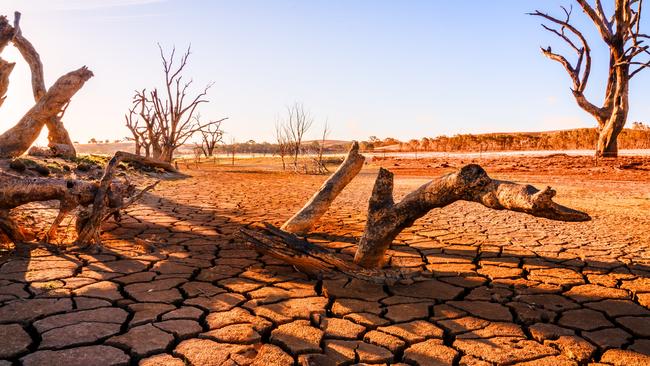2019 second hottest year on record
The world’s major weather agencies rank 2019 just behind 2016, the past decade the warmest since records started.

Last year was the second hottest year on record for average land and ocean temperatures, according to the world’s major weather agencies.
US centres NOAA and NASA and Britain’s Met Office all ranked 2019 slightly behind 2016, which was an El Nino year.
The Met Office said the past decade was the warmest on record with the past five years the warmest in its 170 year temperature series.
NASA said because weather station locations and measurement practices change over time, the interpretation of specific year-to-year global mean temperature differences has some uncertainties.
“Taking this into account, NASA estimates that 2019’s global mean change is accurate to within 0.1 degrees Fahrenheit, with a 95 per cent certainty level”, it said.
NOAA said the average temperature across the globe in 2019 was 1.71F (0.95C) above the 20th-century average and just 0.07F (0.04C) cooler than the 2016 record.
The globally averaged land surface temperature for 2019 was 2.56F (1.42C) above the 20th century average. This value tied with 2015 as the second-highest among all years in the 140-year record, behind 2016.
The 2019 globally averaged sea surface temperature was also the second highest on record, with a temperature departure from average of 1.39F (0.77C) above the 20th century average. Only 2016 was warmer at 1.42F (0.79C).
Global ocean heat content, the upper ocean heat content, which addresses the amount of heat stored in the 0–2000 meters depth of the ocean, was the highest on record by a wide margin.
A statement by NOAA said the world’s five warmest years have all occurred since 2015 with nine of the 10 warmest years occurring since 2005.
It was also the 43rd consecutive year with global land and ocean temperatures, at least nominally, above average.

NOAA said Polar sea ice coverage had continued its downward trend in 2019 with both the Arctic and Antarctic oceans recording their second-smallest average annual sea-ice coverage since records began in 1979.
Earlier this month, Australia’s Bureau of Meteorology said Australia experienced both its warmest and driest year on record last year led by key weather influences in the Indian Ocean and over the Antarctic.
NOAA said parts of central Europe, Asia, Australia, southern Africa (including the island of Madagascar), New Zealand, Alaska, Mexico and eastern South America had record-high average land temperatures in 2019.
“The decade that just ended is clearly the warmest decade on record,” NASA director Gavin Schmidt said. “Every decade since the 1960s clearly has been warmer than the one before.”
Schmidt said the world had “crossed over into more than 2 degrees Fahrenheit warming territory in 2015 and we are unlikely to go back.”
“This shows that what’s happening is persistent, not a fluke due to some weather phenomenon: we know that the long-term trends are being driven by the increasing levels of greenhouse gases in the atmosphere,” Schmidt said.








To join the conversation, please log in. Don't have an account? Register
Join the conversation, you are commenting as Logout